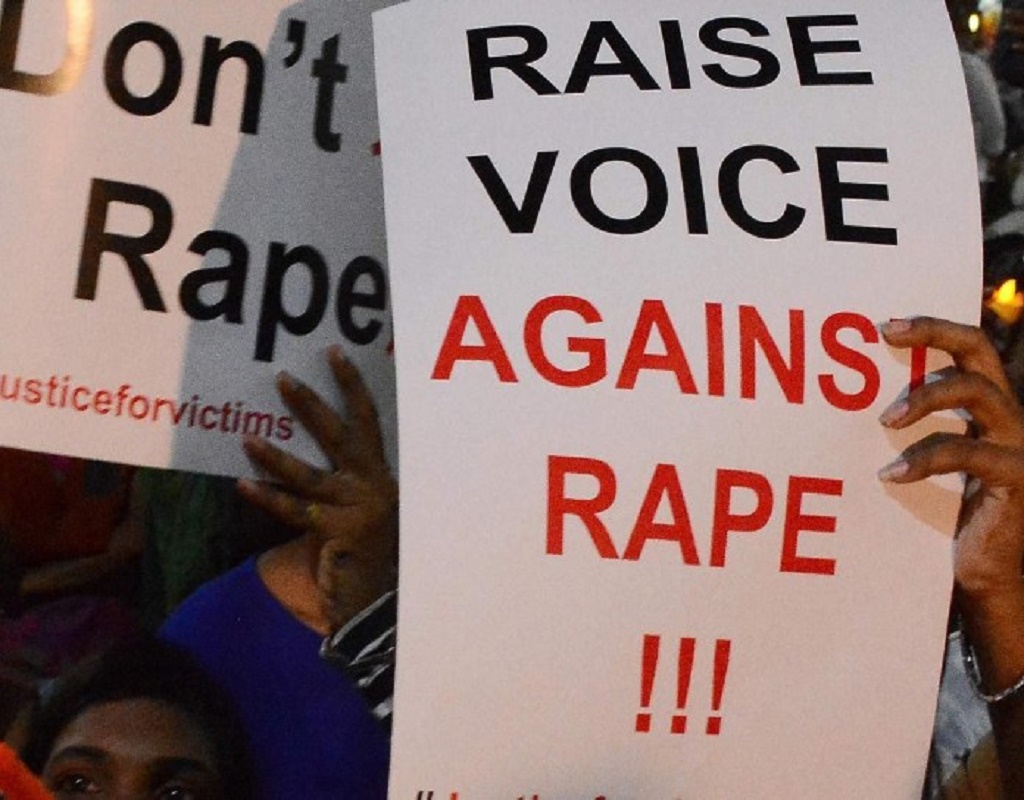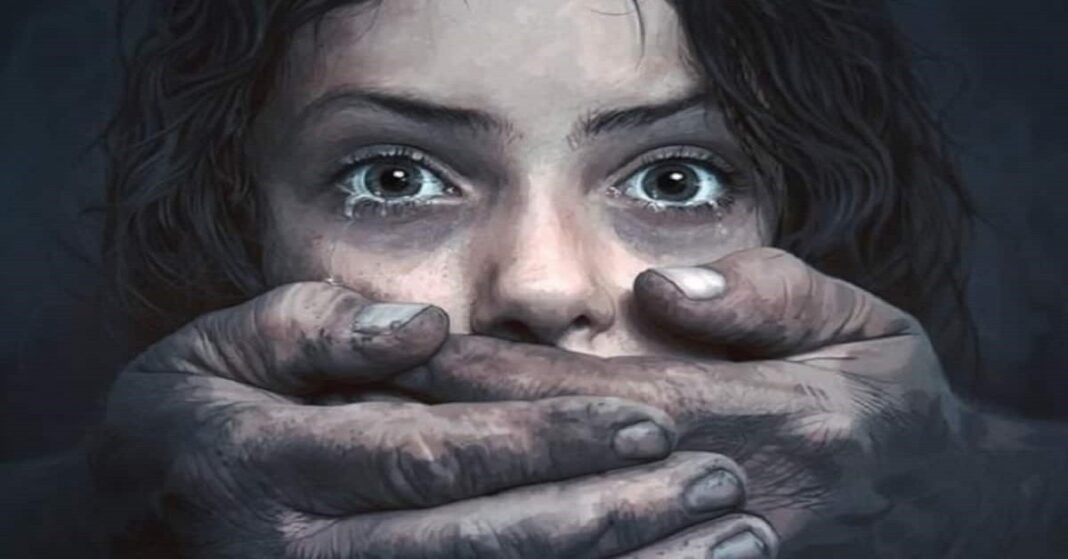
Today we come across a very major topic i.e. rape. This is the biggest crime happening in India especially among youngsters. “Rape is the only aim in which the victim becomes the accused”. So our question is why the road of justice against Rape is so rocky for Dalits in Hathras case?
We all know a few days back a rape took place with the girl of a Dalit family in Hathras. Why always Dalit women face several obstacles with registering FIRs and hostile panchayats to long court delays. Manisha Mashaal from Swabhiman Society runs an organization for Dalit women that helps rape victims and survivors in north India quotes:-
In January a 14-year-old girl in Kurukshetra, Haryana discovered she was 5 months pregnant. She had been raped for the last 1 year by a group of dominant caste men. While the POCSO Act which deals with several offenses against children guarantees her rehabilitation provisions, she was not given any counseling or a safe place to stay. She couldn’t have stayed in the village because she was pregnant and it was unsafe. They kept her for 3 months in the hospital against her will in a room that was the sizer of a toilet and she was given no personal security.
– MANISHA MASHAAL
As the family of a 20-year-old Dalit woman in Hathras case who was brutally gang-raped and killed was told in a video doing the rounds,” The media will leave. Only we will be here with you”. Why always the survivors and families of victims face the blocking of roads in every step of the process to get justice? There are several barriers to get justice for the Dalits.

Hurdles to Get Justice for Hathras Case
Hurdle 1: Filing an FIR
In most cases, the police handover the acknowledgment of a non-detectable offense instead of FIR under the SC and ST act. There is a need for external pressure in each case for filing the FIR, then again a pressure to get the FIR done under the sections of the PoA act and not the just IPC whose collective provides legal aid and counseling for survivors.
Hurdle 2: The Village Nexus
Manisha Mashaal from Swabhiman Society comprises that whenever someone from the Dalit family tries to file FIR. The upper-caste people reach the police station at the same time. She also says that obedience to the existing caste nexus in the village is a big problem.
Hurdle 3: Filed Under Wrong Act
Rahul Singh, the director of the National Dalit Movement for Justice (NDMJ) confirms the struggle faced with FIRs getting lodged, especially under the PoA act. He quotes:-
Either they don’t invoke the whole act or they won’t invoke the correct sections. The problem with this is if the trial reaches court and it isn’t under the PoA Act, the victims won’t get the full benefit.
– Rahul SINGH
Hurdle 4: Compensation Delays
Delay in Compensation is a major problem faced by Dalits. Riya Singh added that the first installment of the compensation should be provided right after the FIR is registered. The second installment should be provided on the filing of the charge sheet and the last on conviction.
These were the 4 hurdles faced by Dalits to get Justice. There are many cases as the Hathras case in which the court appoints lawyers and doesn’t tell survivors their court dates.
Hathras case shares violence and protests with the Nirbhaya case. There is a lot of difference in the administrative response and its possible impact. The response to the Nirbhaya case led to legislative reform but will the same happen with Hathras’ case? At last Riya Singh quoted that:-
Strict adherence to the procedures laid under the PoA Act is important. Instead of showing so much outrage the upper caste folks should sensitize their communities and build a positive public discourse on affirmative policies like reservation that assures our fair representation within systems and right away withdraw their biases towards the PoA Act.
– RIYA SINGH

